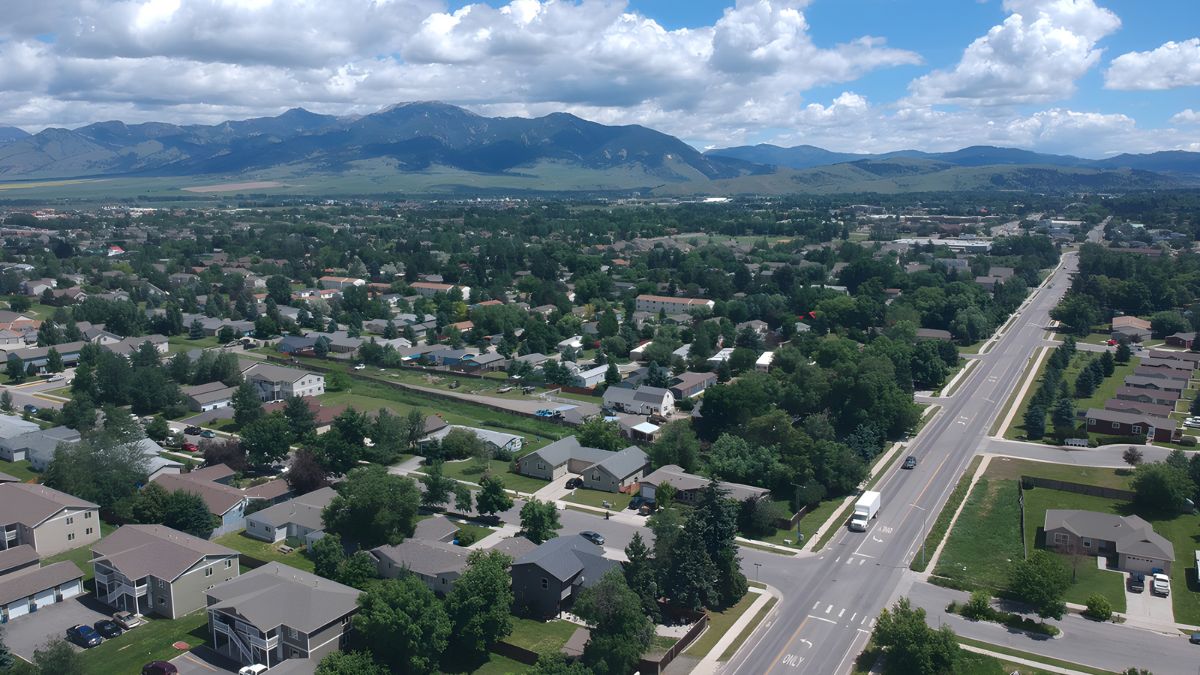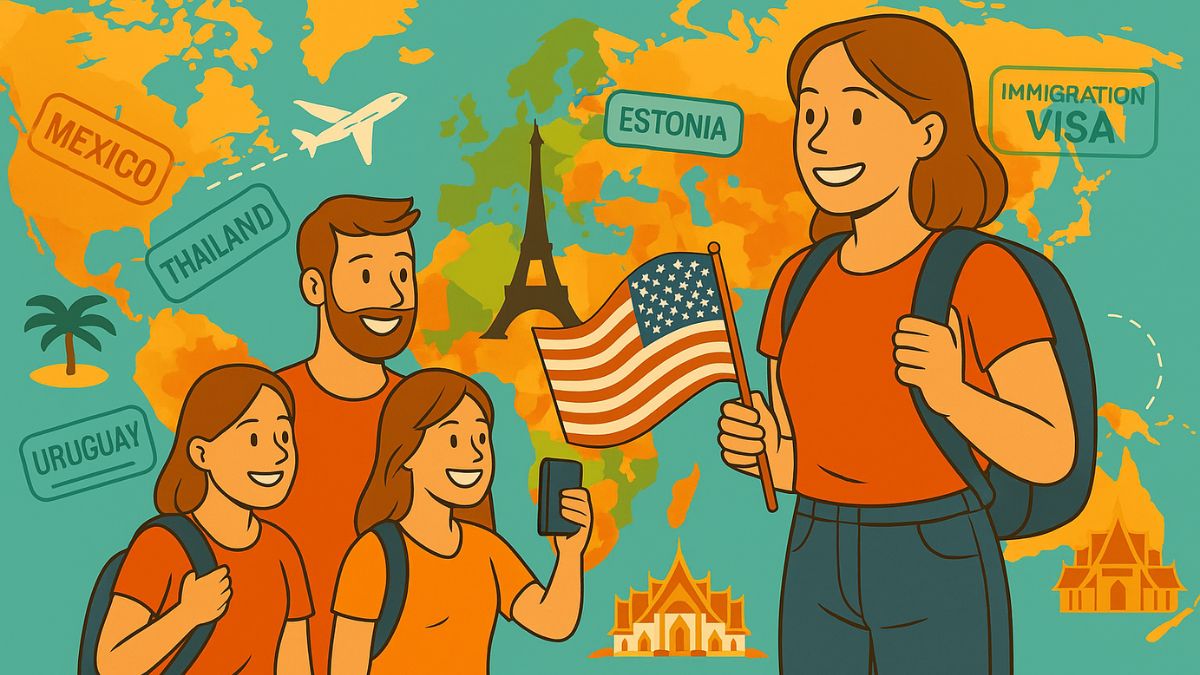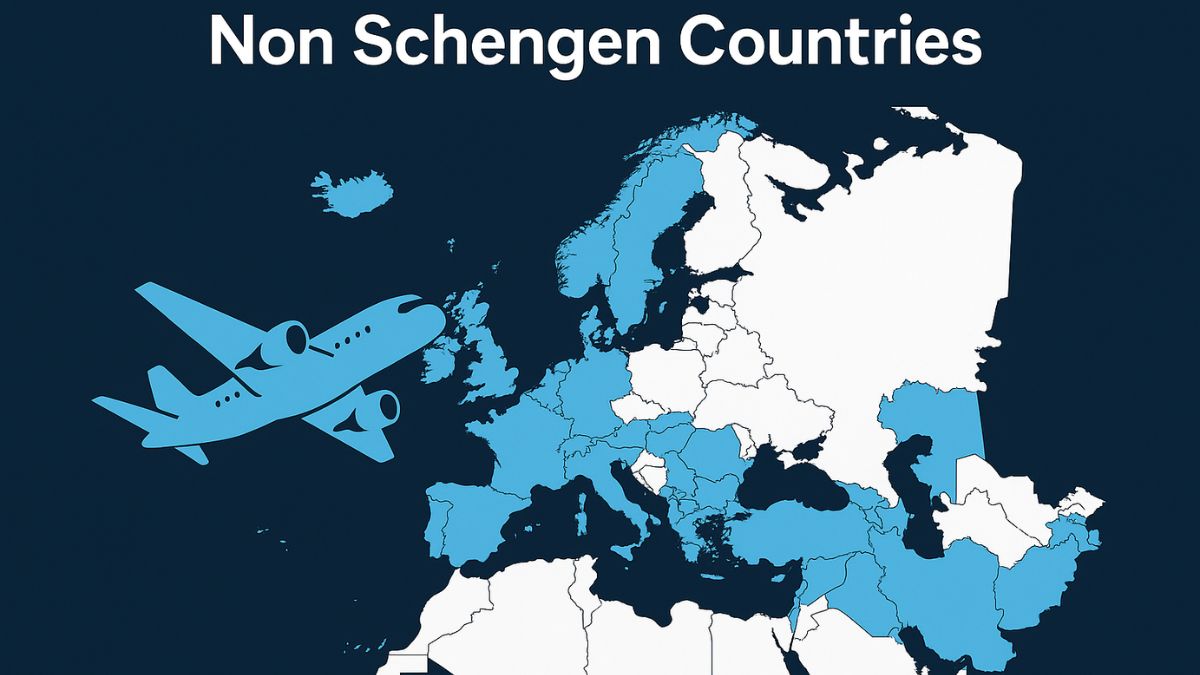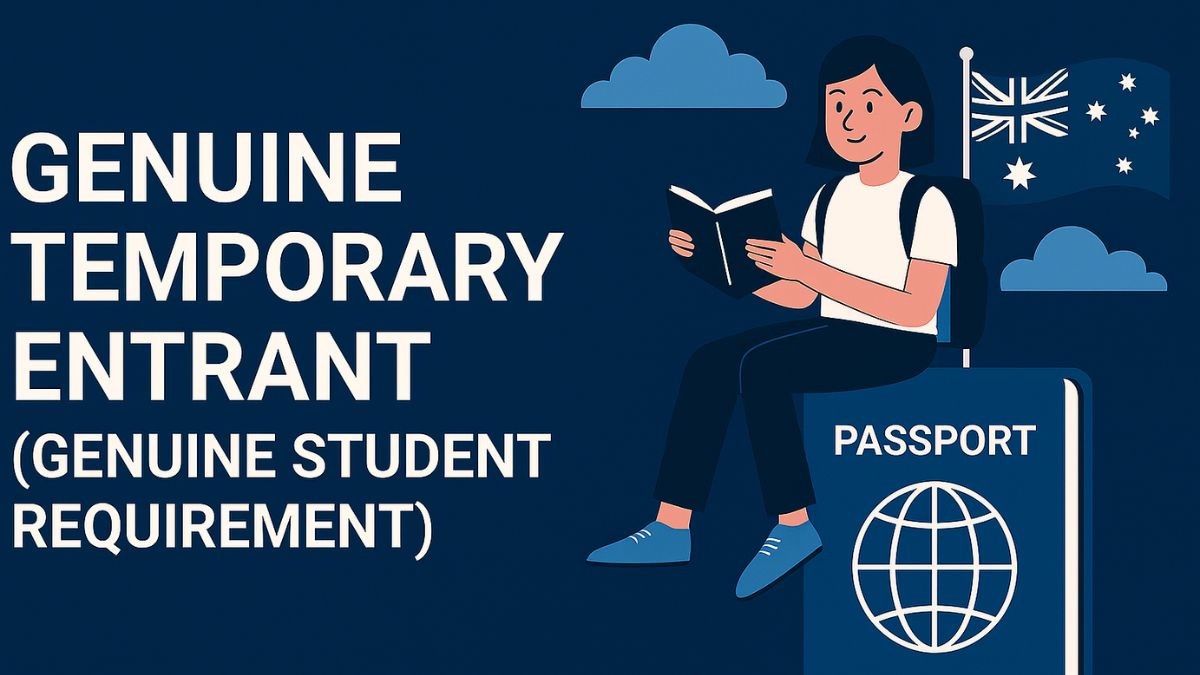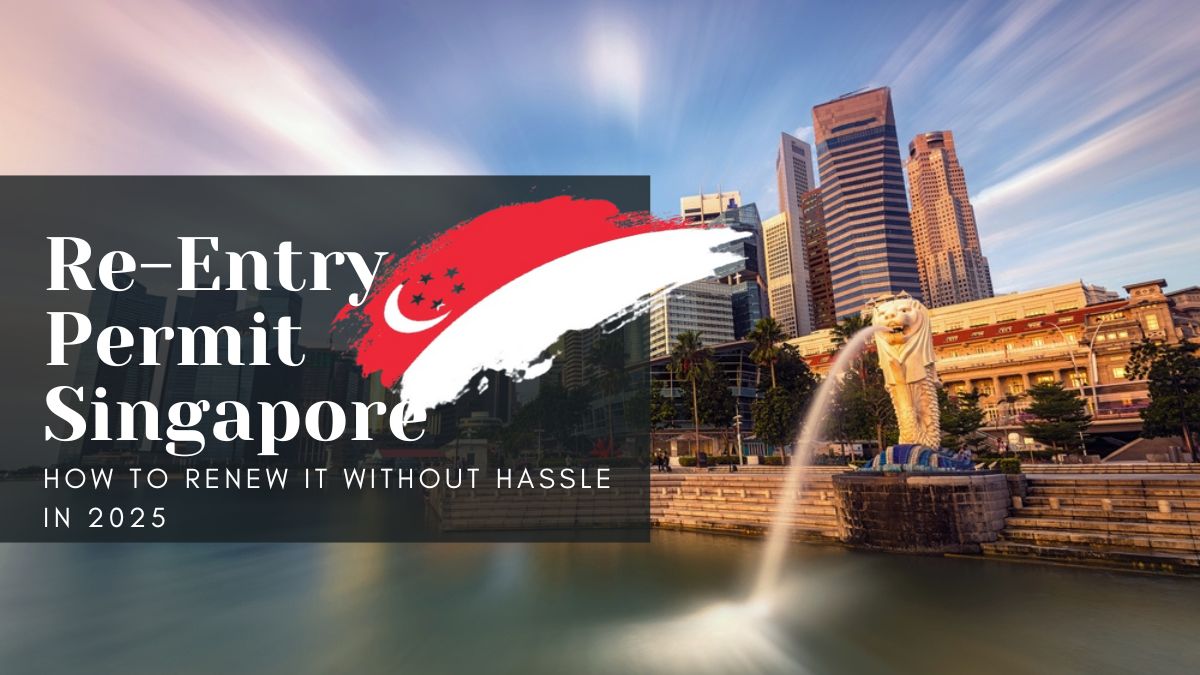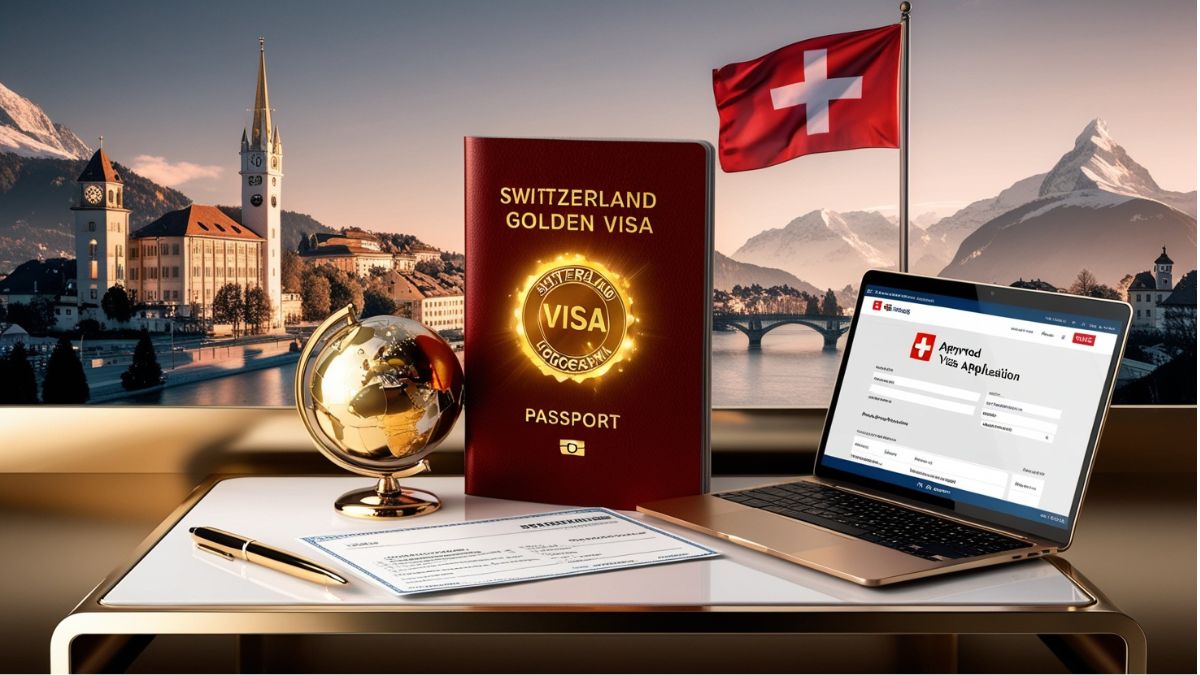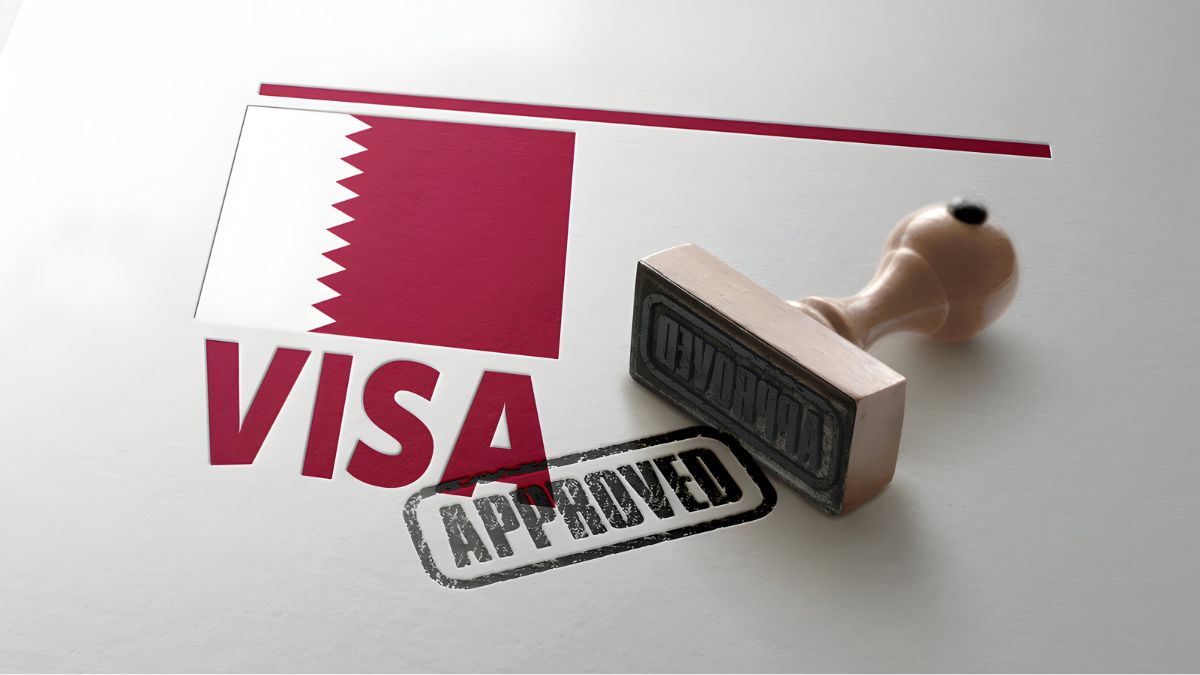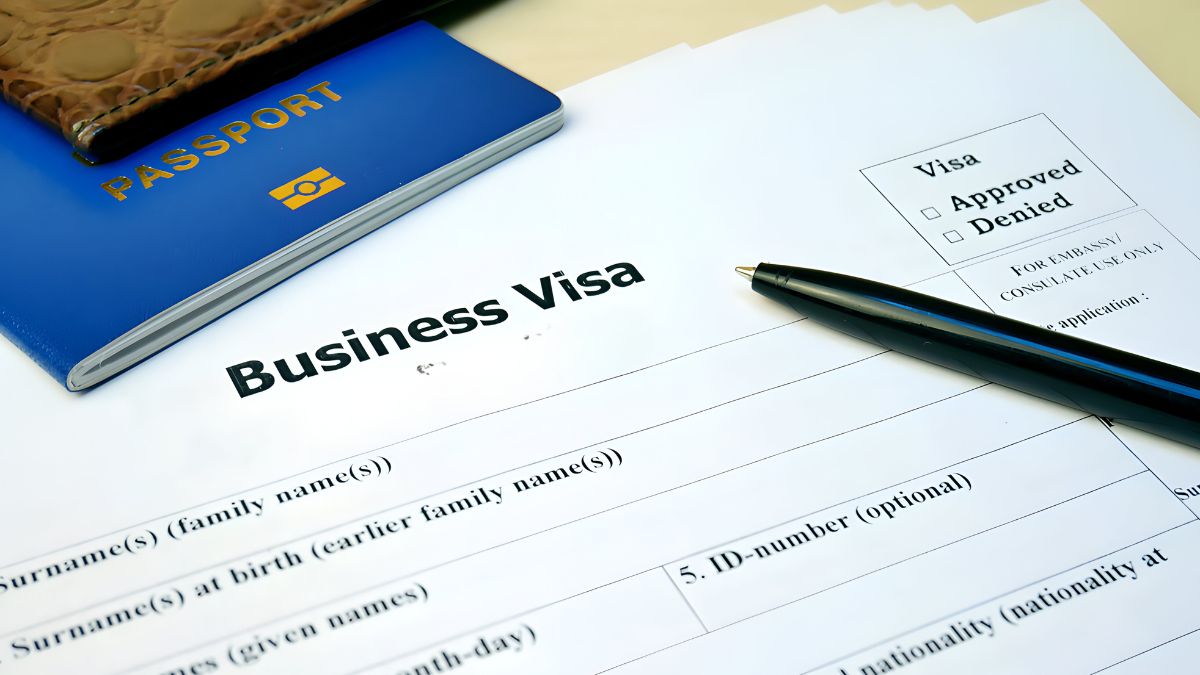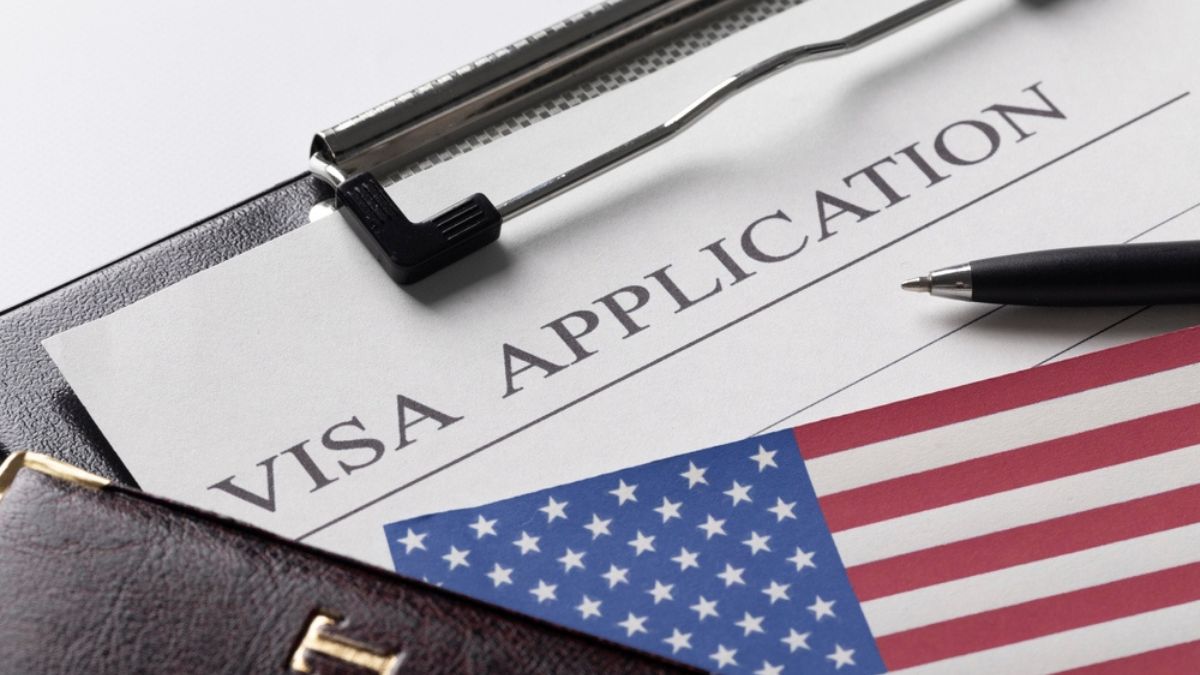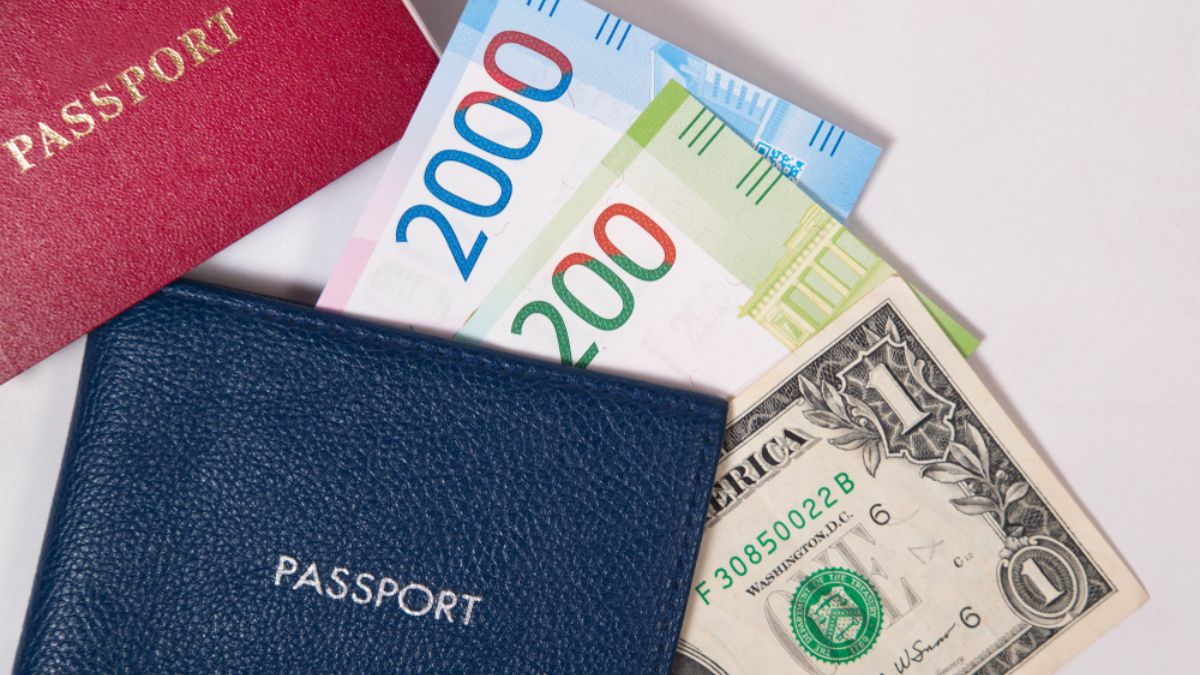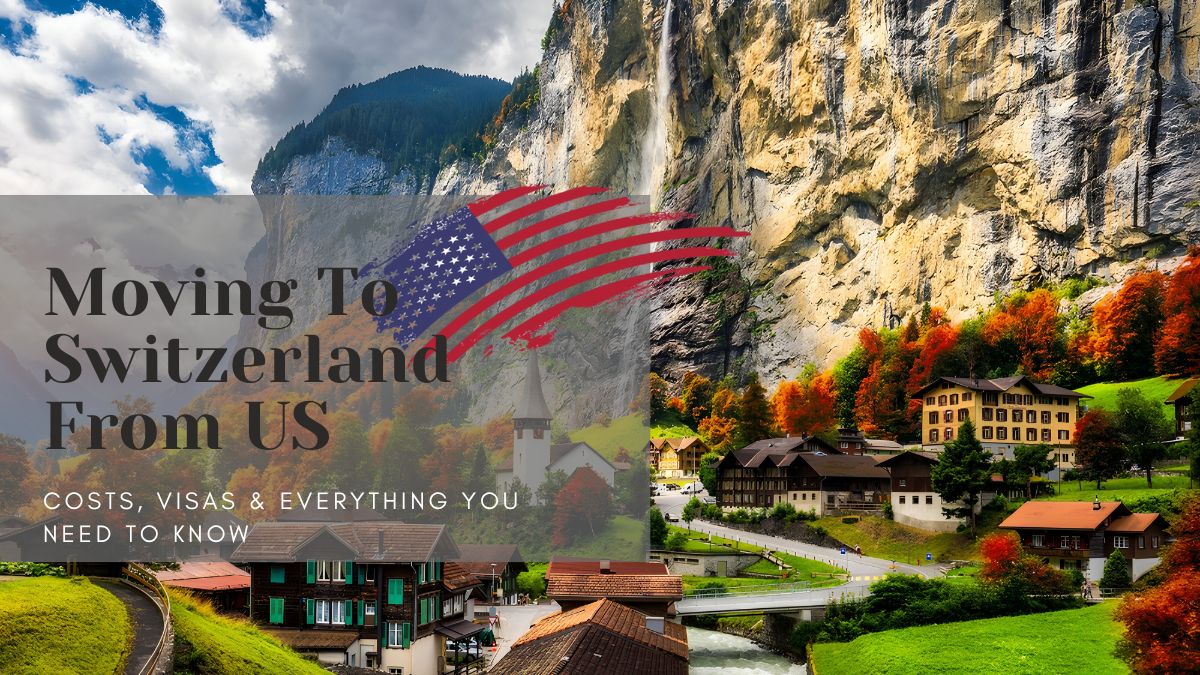
- April 3, 2025
- Heisenberg
- 0
Switzerland, with its majestic landscapes, high standard of living, and robust economy, has captured the attention of U.S. citizens looking for a fresh start overseas. Whether you’re drawn by the promise of quality healthcare, competitive salaries, or a safe, multicultural environment, relocating to Switzerland offers a unique blend of work-life balance and adventure. In this post, we break down everything you need to know—from visas and residency permits to everyday costs and cultural integration—to help you confidently navigate your move.
If you’re considering moving to Switzerland from the U.S., you’ve come to the right place. This guide dives into all the essential aspects, including the types of visas available, the cost of living compared to the U.S., housing options, healthcare systems, and much more. We aim to provide trustworthy, up-to-date information to ensure your transition is as smooth as possible.
- Why Switzerland is a Top Choice for U.S. Expats
- Visa & Residency Requirements
- Cost of Living
- Finding a Place to Live
- Healthcare System
- Taxes & Banking
- Education & Schools
- Daily Life & Transportation
- Adjusting to Swiss Culture
- Bringing Pets
- Moving Checklist
Table of Contents
ToggleWhy Switzerland is a Top Choice for U.S. Expats
Switzerland consistently ranks as one of the best countries in the world in terms of quality of life. With pristine environments, efficient public services, and a strong commitment to safety, it’s easy to see why many expats are drawn here. Swiss cities like Zurich, Geneva, and Bern not only offer excellent public transportation and modern amenities but also boast thriving job markets—especially in finance, technology, and healthcare.
In addition to these factors, Switzerland’s central location in Europe makes it a gateway for exploring neighboring countries. From scenic train rides through the Alps to vibrant cultural festivals, the lifestyle is both dynamic and balanced. Whether you’re looking for career growth, cultural enrichment, or simply a change in pace, Switzerland offers an inviting blend of tradition and modernity.
Visa & Residency Requirements
Types of Swiss Visas for U.S. Citizens
- Short-term Visa (Schengen Visa):
U.S. citizens can enter Switzerland visa-free for tourism or business purposes for up to 90 days within a 180-day period. This is ideal for short visits, though not sufficient if you plan to settle down. - Long-term Visas:
For those planning to reside in Switzerland, several options are available:
Work Visa:
- L Permit: Designed for short-term assignments, the L Permit allows foreign nationals to reside and work in Switzerland for up to one year. Depending on the employment contract, it can be renewed or extended.
- B Permit: This residence permit is valid for one year and can be renewed annually, provided there are no grounds for non-renewal (e.g., reliance on welfare benefits). B Permits are issued on a quota basis and are typically tied to a specific employer and canton.
- C Permit: Known as a settlement permit, the C Permit grants permanent residency after a specified period of continuous residence—typically 10 years for most non-EU nationals. However, U.S. and Canadian citizens may be eligible after five years, provided they meet certain integration criteria.
Student Visa:
Students accepted into Swiss educational institutions must apply for a residence permit before commencing their studies. Required documents include:
- A valid passport or identity card.
- Proof of registration at the university.
- Evidence of sufficient financial means to support themselves during their stay.
- Proof of adequate health and accident insurance.
Retirement Visa:
For retirees seeking to reside in Switzerland without employment, the following criteria generally apply:
- Be over the age of 55.
- Demonstrate sufficient financial resources to support oneself without employment.
- Provide proof of adequate health and accident insurance.
- You are required to reside in Switzerland for the majority of the year.
- Show evidence of a personal connection to Switzerland, such as previous residency, family ties, or property ownership.
Please note that specific requirements and procedures may vary by canton. It’s advisable to consult the relevant cantonal authorities or official Swiss government resources for the most accurate and up-to-date information.
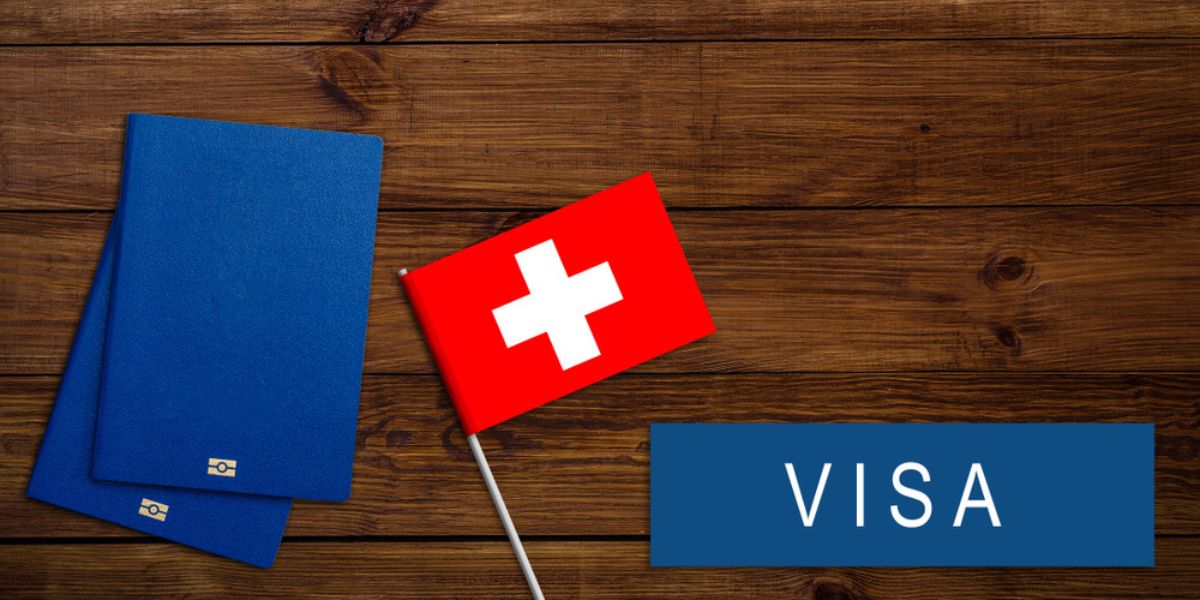
How to Apply for a Swiss Visa
- Complete the Application:
Fill out the national visa application form accurately, ensuring all information is correct. - Schedule an Appointment:
Contact your local Swiss embassy or consulate in the U.S. to set up a meeting. - Gather Documentation:
Essential documents include a valid passport, proof of funds, health insurance confirmation, accommodation details, and—for work or study—supporting documents like a job contract or university acceptance letter. - Submit and Attend the Appointment:
Present your documents, provide biometric data, and pay the visa fee (usually around $94 for adults). - Processing Time:
The application is sent to Swiss cantonal authorities for approval, typically taking 8-12 weeks, but this may vary by canton and individual case.
Residency Permits & Citizenship
Understanding the differences between the Swiss residence permits is crucial:
- L Permit: This short-term residence permit is issued for stays up to one year, typically for employment contracts of a limited duration. It may be extended, but the total duration is generally restricted.
- B Permit: Intended for longer-term residence, the B Permit is granted to individuals with stable employment, family reunification cases, or other long-term purposes. It is usually valid for one year and can be renewed annually.
- C Permit: Also known as a settlement permit, the C Permit allows permanent residency in Switzerland. Eligibility typically requires a continuous residence of 10 years; however, citizens from certain countries, such as the USA and Canada, may be eligible after five years.
After a decade of continuous residency, you may be eligible to apply for Swiss citizenship, although this involves additional language and integration tests.
2. Cost of Living in Switzerland
Overview of Expenses
Housing: Rent varies by location. In cities like Zurich and Geneva, a one-bedroom apartment can cost between $1,700 to $3,800 per month.
Food & Groceries: Monthly grocery expenses for an individual range from $450 to $850. Dining out is relatively expensive, with meals at mid-range restaurants costing around $22 to $45.
Healthcare Costs: Health insurance is mandatory. Premiums range from $275 to $550 monthly, depending on coverage.
Transportation: A monthly public transport pass costs approximately $80 to $170. Owning a car incurs additional expenses such as fuel, parking, and maintenance.
Entertainment & Leisure: Costs vary, but activities like cinema tickets, gym memberships, and cultural events can add to monthly expenses.
Cost of Living Comparison: Switzerland vs. U.S.
Switzerland’s cost of living is notably higher than in many U.S. cities. However, salaries often reflect these expenses, enabling a comfortable lifestyle. For instance, the average annual salary in Switzerland is approximately $86,000, compared to $75,000 in the U.S.
Although daily expenses may be steeper, the Swiss job market typically offers salaries that make the transition manageable. Careful budgeting and understanding local pricing can help you navigate this financial landscape successfully.
Renting vs. Buying a Home
Renting:
- Pros: Flexibility, lower upfront costs, and easier mobility if your plans change.
- Cons: Often requires a deposit equivalent to three months’ rent and strict lease agreements.
- How to Find Rentals:
- Websites like Homegate, ImmoScout24, and local real estate agencies are excellent resources.
- Networking with local expat communities can also yield insider tips on available properties.
Buying:
- Pros: Long-term stability and the opportunity to build equity.
- Cons: Higher upfront costs, restrictions for non-residents, and the need for cantonal approval.
- Considerations for Foreign Buyers:
- Be prepared for a thorough vetting process.
- Consult with local legal experts to understand your rights and obligations.
How Health Insurance Works in Switzerland
Mandatory Health Insurance:
Every resident is required to have basic health insurance that covers essential medical services within three months of taking up residence or being born in the country. The system is designed to ensure that everyone has access to necessary healthcare.
Supplemental Insurance:
For those desiring additional benefits such as private hospital rooms or alternative therapies, supplemental plans are available. These plans, however, come at an extra cost.
Choosing a Provider:
- Compare plans using online platforms like Comparis.
- Consider factors like premiums, deductibles, and the range of services covered.
5. Taxes & Banking
Swiss Tax System for U.S. Expats
Income Tax:
- Taxes in Switzerland are levied at the federal, cantonal, and municipal levels.
- Rates vary widely depending on where you live, with some cantons offering lower taxes than others.
Double Taxation Agreement:
The U.S. and Switzerland have a double taxation treaty in place, which helps prevent you from being taxed twice on the same income. However, U.S. citizens must still file annual tax returns with the IRS.
Other Taxes:
- Wealth Tax: Levied on net assets.
- VAT: A value-added tax applies to goods and services, typically around 8.1%.
Opening a Swiss Bank Account
Requirements:
- A valid passport and residence permit.
- Proof of address and, in some cases, details about the source of funds.
Best Banks for Expats:
- Major banks such as UBS, Credit Suisse, and Julius Baer are popular among expats.
- Compare fees, services, and online banking options before deciding.
6. Employment & Job Market
Finding a Job Before Moving
Switzerland’s economy is diverse and resilient, with key sectors including finance, technology, healthcare, and pharmaceuticals. Many multinational companies have established their headquarters here, providing abundant job opportunities for skilled professionals.
Work Permits for U.S. Citizens:
- Permit L: Suitable for short-term employment (up to one year).
- Permit B: For long-term employment tied to a contract; renewable annually.
- Permit C: After a qualifying period (typically 5–10 years), this permit grants permanent residency and greater job market freedom.
Job-Hunting Resources:
- Online job portals such as Jobs.ch, Indeed Switzerland, and LinkedIn are valuable tools.
- Networking events, industry conferences, and expat groups can also lead to promising opportunities.
Work Culture:
- Swiss workplaces are known for their punctuality, precision, and emphasis on work-life balance.
- Language proficiency can be an asset; while many companies operate in English, knowing German, French, or Italian significantly boosts your prospects.
7. Education & Schools
For Expat Families
Public Schools:
- Free and high-quality, though instruction is typically in the local language (German, French, or Italian).
- Emphasis on structure and discipline creates a solid educational foundation.
Private & International Schools:
- Offer curricula in English, such as the International Baccalaureate (IB), British, or American systems.
- Popular institutions include the International School of Geneva, Zurich International School, and Institut Le Rosey.
- Tuition fees for international schools can be high, so budgeting is essential.
Higher Education:
- Switzerland is home to world-renowned universities like ETH Zurich, EPFL, and the University of Geneva.
- Research opportunities, state-of-the-art facilities, and a focus on innovation make Swiss universities attractive to international students.
- Tuition is often lower than in the U.S., especially at public institutions.
8. Daily Life & Transportation
Getting Around in Switzerland
Public Transportation:
- The Swiss public transportation network is one of the best in the world.
- Trains: Operated by SBB, they provide frequent, reliable connections across the country.
- Buses and Trams: Major cities feature efficient local transport options.
- Swiss Travel Pass: Ideal for tourists and expats alike, this pass allows unlimited travel on most public transport.
Driving in Switzerland:
- A U.S. driver’s license is valid for the first 12 months of residency.
- For longer stays, individuals must obtain a Swiss driver’s license. Swiss licenses are only issued based on valid U.S. licenses; holders of expired U.S. licenses must take the Swiss driving test when applying for a Swiss license.
- Roads are well-maintained, but urban areas can have high parking fees and strict regulations.
Daily Essentials:
- Setting up utilities (electricity, water, internet) is straightforward but may require patience as you navigate local service providers.
- Mobile phone plans and SIM cards are widely available with various contract options.

9. Adjusting to Swiss Culture
Integration Tips
Language:
- While many Swiss people speak English, learning the local language (German, French, or Italian) can greatly enhance your daily interactions.
- Language classes, apps, and community groups can accelerate your learning process.
Social Etiquette:
- Punctuality is critical; being even a few minutes late is frowned upon.
- Swiss society values privacy, formality, and respect for personal space.
- When socializing, it’s best to be reserved and polite until you become more familiar with local customs.
Building a Social Network:
- Join expat communities like Internations or Meetup groups.
- Participate in local cultural events, festivals, and volunteer opportunities to forge meaningful connections.
10. Bringing Pets to Switzerland
Guidelines for Relocating Your Furry Friends
Documentation and Regulations:
- Microchipping: Required for all pets.
- Vaccinations: Especially rabies vaccination must be administered at least 21 days before entry.
- Import Permits: Some breeds, particularly certain dog breeds, may require additional permits.
- Quarantine: Depending on the pet’s origin, quarantine rules may apply—be sure to check with Swiss authorities.
Settling In:
- Switzerland is extremely pet-friendly, with many parks, pet services, and veterinarians available.
- Ensure you have all required documents in order before your move to avoid delays at the border.
11. Moving Checklist for U.S. Citizens Moving to Switzerland
✔ Check visa & residency requirements
✔ Find a job or confirm financial resources
✔ Arrange housing before arrival
✔ Sort out health insurance
✔ Open a Swiss bank account
✔ Understand Swiss tax obligations
✔ Learn basic German, French, or Italian (depending on region)
✔ Register with local authorities within 14 days of arrival
✔ Enroll children in school (if applicable)
✔ Get a Swiss SIM card & internet provider
✔ Explore transportation options (public transport, car registration, etc.)
Conclusion
Moving to Switzerland from the U.S. is an exciting and life-changing venture that comes with its set of challenges and rewards. By understanding the visa and residency processes, planning for the higher cost of living, and embracing the local culture, you can ensure a smooth transition to this beautiful country.
Remember, preparation is key. Use this guide as your roadmap to navigate everything from employment and housing to healthcare and daily life. With the right mindset and thorough planning, your Swiss adventure awaits.
Ready to dive deeper into each of these topics and plan your move with confidence? Browse our blog for more detailed guides and expert tips to make your transition as seamless as possible.









